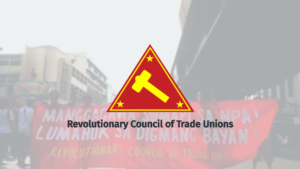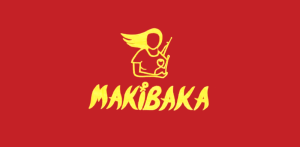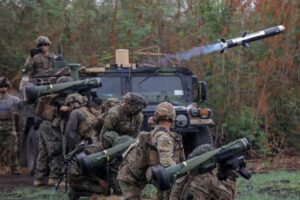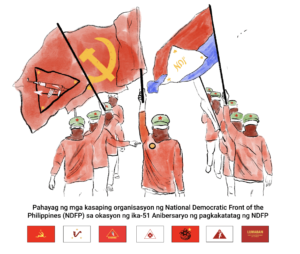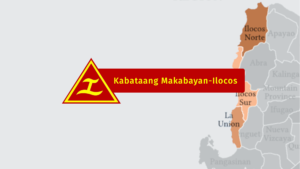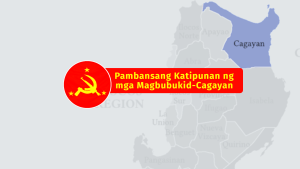A Covid-19 prognosis of the Filipino jeepney
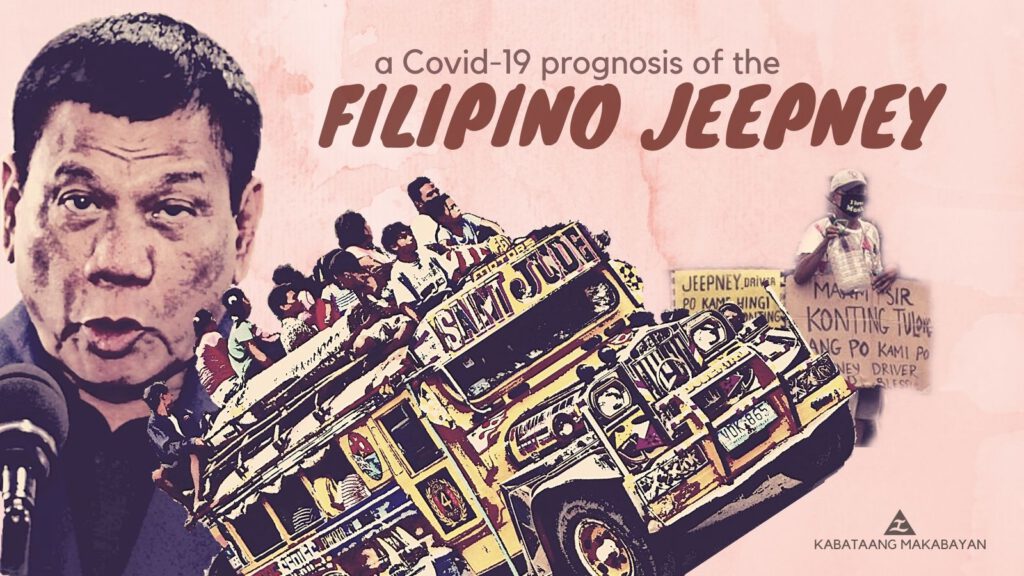
Duterte is using Covid-19 as a smokescreen to pursue his anti-poor jeepney phaseout — a ruthless maneuver during a global crisis.
Since the beginning of the pandemic and the subsequent country-wide lockdown, Duterte, in his late-night ramblings, has declared and threatened “war” on more than a couple of things. He called “war” against the virus (to which there has been no visible improvement even 5 months in) and he also threatened a bigger “war” on communists following his cheap attempts at blaming the CPP-NPA for the government’s failures to efficiently distribute aid in the countryside and handle the Covid-19 crisis.
But more than these highly-sensationalized (but never really successful) mutterings of the Malacañang alpha fascist, a more sinister war has been going on in the sidelines.
The first day of the enhanced community quarantine in Luzon marks the day the streets in the island came to a standstill. People lined up for hours in groceries, roads were emptied, vehicles were garaged, small stores were closed, classes were suspended, the masses stopped working. Amid all the chaos, jeepney drivers and operators were one of the first groups forced out of their livelihood.
Naturally, their transition to a “temporary” jobless life was difficult enough. Even harder to bear for these industrious drivers was the thought of not being able to provide for their families. But the government said, “this is temporary! We will go back to work!” And so, that was that. After all, with no public rushing to get from point A to point B, there really wouldn’t be any passengers at all, right?
And so two months passed before the strict lockdown rules were eventually watered down. And alas! — this time, the government said, “public transportation can resume.” — something the jeepney drivers and operators have been waiting for! “But,” the apathetic fools continued, “jeepneys, UV expresses, and buses are not allowed.”
Immediately, the Duterte’s Inter-agency Task Force (IATF) released its transportation regulations outlining that only 6,002 traditional jeepneys would be allowed to travel — leaving a startling 67,998 or 92% of drivers and operators still jobless. But, what’s the catch? Alongside the 6,002 traditional units, e-jeepneys will be allowed to resume their routes as usual — the same e-jeepneys that were first rolled out as part of Duterte’s jeepney phaseout scheme.
And so it is once again revealed what the Duterte administration’s true inhumane intent really is — to use the pandemic to conduct a blanket implementation of the PUV Modernization Program that promises to rid hundreds of thousands of jeepney drivers and small operators of their only source of income.
If before the pandemic, jeepney drivers and small operators scratched their heads when told that they would need to pay Php2.4 million for a “modernized” jeepney unit if they wanted to continue working, now, in the middle of a crisis, they are furious.
All around the NCR, jeepney drivers and operators are organizing to demand the lifting of travel suspensions for the traditional jeepney. According to them, they are no longer waiting for the government’s aid, certain that none will arrive. What they need, and what the majority working population of the country needs, is a secure return to their work — one that is free from neoliberal aggression and the attacks of big bourgeois comprador criminals.
The Covid-19 crisis has revealed the system’s rotten core. What started out as a public health problem highlighted every other issue inherent in our semi-colonial, semi-feudal society — a society battered by the ever-intensifying and worsening effects of neoliberalism, even amid a pandemic.
In spite of the government’s alleged lack of funds for cash aid, mass testing, and personal protective equipment for health workers, profits of the foreign monopoly capitalists are constantly being prioritized. Duterte’s Bayanihan Acts 1 and 2 have only ascertained his control on how to distribute wealth and gains among his bourgeois comprador cohorts. Billions more have been squandered in foreign debt while the Filipino people are only falling deeper into poverty and adversity during this crisis.
Undoubtedly, the Duterte administration is steadfast in its aim to railroad the jeepney phaseout because of the immense profits it will bring for Duterte’s foreign investors. While Duterte and his allies are swimming in the billions made from e-jeepney purchases, thousands of jeepney drivers and their families will be left with nothing.
In the end, Duterte’s goal is clear: take advantage of the crisis brought forth by the pandemic to engage in a sweeping war against the people — the progressive students and professionals, the militant urban poor, the agitated peasants, the critical scholars and academics, the dissenting media practitioners, and the hungry working class Filipinos.
But, Duterte couldn’t have picked a worse time to attack the masses. For right now, the people’s resolve is clearer: the only thing that’s left to do is resist and topple the regime that leaves its people for dead in exchange for deeper pockets and political power.
What the Filipino masses need and deserve is national industrialization that will pave the way for a better transportation system — for drivers and the riding public alike. Not only will this put forward the democratic interests of the people over that of foreign capitalists’, it will also answer the problem of instability of wage and income for our country’s semi-proletariat whose jobs are currently always at the mercy of foreign capitalists. Only through the national democratic revolution can the masses claim this victory.
The jeepney drivers and operators, alongside the youth and other sectors of the basic masses, will write history as they once again join arms to oust the dictator and be one step closer to the people’s triumph in the national democratic revolution. This war that Duterte is waging can only backfire.
And when it does, it will ricochet with the strength of the united toiling masses.



